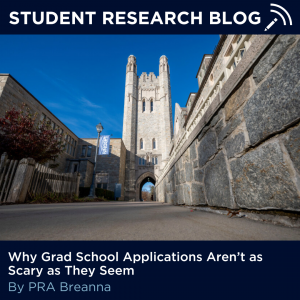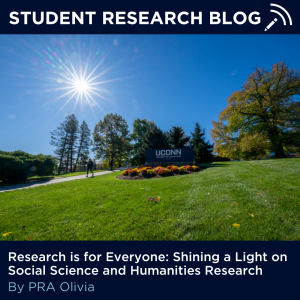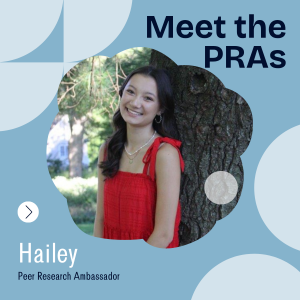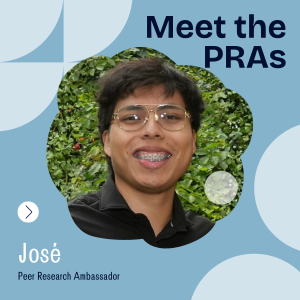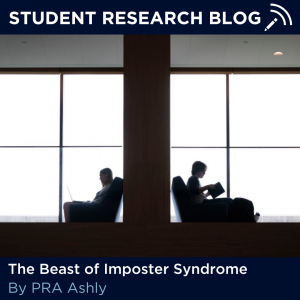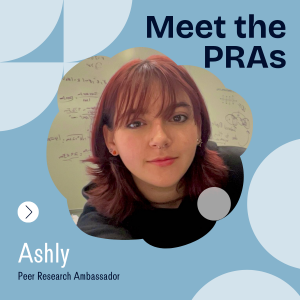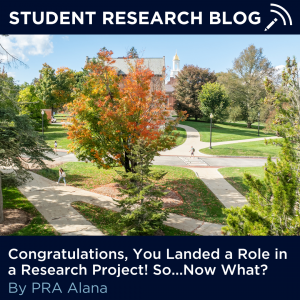By Hansuja Chaurasia, Peer Research Ambassador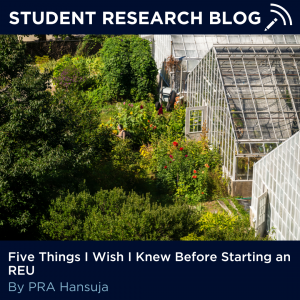
When I was accepted into a summer research program at the University of Wisconsin, I was excited and nervous. I had no idea what to expect about spending ten weeks away from home with new people, in a completely different type of research environment. But that experience turned out to be one of the most influential parts of my undergraduate experience.
If you’re applying to a Research Experience for Undergraduates (REU), or just thinking about it, here are a few things I wish I’d known when I started!
1. It’s okay to be lost at the start.
When I arrived, I remember stepping into a room with students who seemed so confident, already debating coding languages, neural networks, and pipelines. Meanwhile, I was having difficulty opening my terminal window. What helped me was realizing that you’re there to learn, not to already have all the answers. Your colleagues and leaders are anticipating questions and asking them early on will help you get more comfortable sooner!
2. Your cohort is now your community.
Most REUs bring students from all over the country, so you will have people with different backgrounds and experiences. My group turned out to be one of the best parts of the program. We moved from discussing bugs in our code to strolling through farmers’ markets and going to drive-in movie theaters on the weekends. Take time to get to know the people in your program: they will be your best support system on those late lab nights and beyond.
3. Research can be different than what you are used to.
For me, I switched from doing research in a wet lab at UConn to computational modeling. I had to learn new software, think more abstractly about problems, and interact with data differently. Initially, I felt overwhelmed, but by the end, I realized that stepping out of one kind of research opened my skill set up more than anything else. Be open-minded, even though your project feels outside the scope of your comfort zone. It may turn out to be one of your most valuable experiences.
4. You’ll become more independent.
Unlike semester-long research where you might visit the lab once or twice a week, REUs are immersive. You’re responsible for managing your project, your time, and your problem-solving when things (inevitably) go wrong. That independence can feel intimidating at first, but it’s also incredibly empowering. By the end, you’ll look back and realize just how much you’ve learned: not only about research, but about yourself!
5. Don’t forget to explore outside the lab!
Yes, you’re there to do research, but you’re also spending a summer in a new place! Some of my favorite memories weren’t in front of my computer screen. They were kayaking, trying cheese curds for the first time, watching sunsets, and hiking with my new friends. Take time to enjoy where you are and learn about the community. Balance is what matters, and those days off work typically end up making the whole summer much more memorable.
Final Thoughts
Being a part of an REU was one of the most transformative things I experienced as an undergraduate. I gained new technical knowledge, became a more proficient researcher, and met people who continue to shape me today. My biggest advice is this: say yes to opportunities, be curious, and give yourself grace. You’re not expected to have it all figured out; you’re expected to grow!
